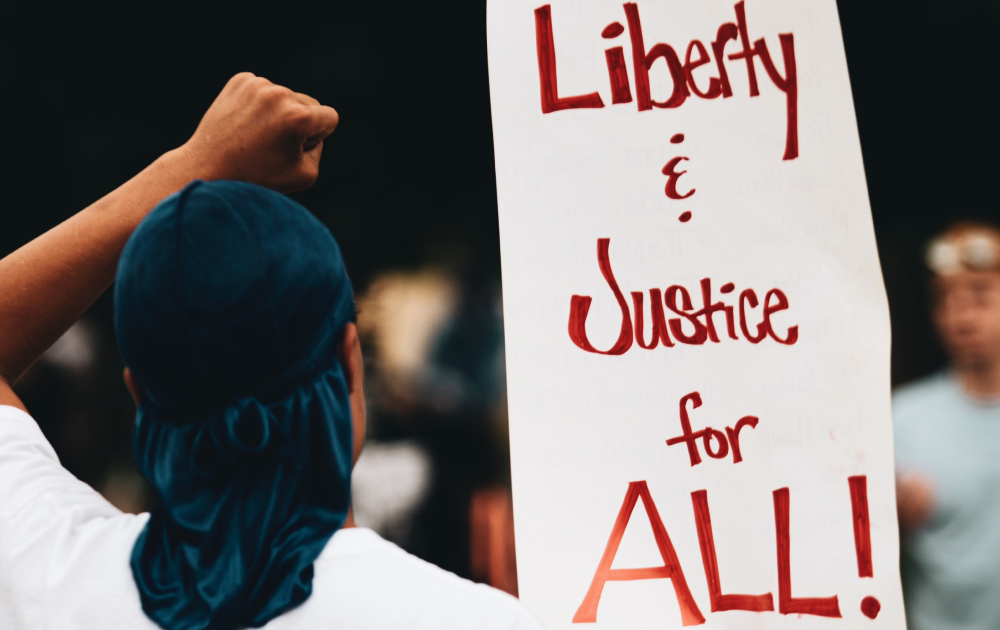

AI has the potential to expedite our overburdened justice systems by improving accuracy and enhancing governmental efficiency, as well as helping in the fight against terrorism and human trafficking. The reality is that often those algorithms enforce racial biases through the use of historical data that perpetuates systemic inequalities and tools that underperform for minority groups. In this section we explore examples of how AI reinforces racial profiling in policing, legal judgements, immigration, and human rights.